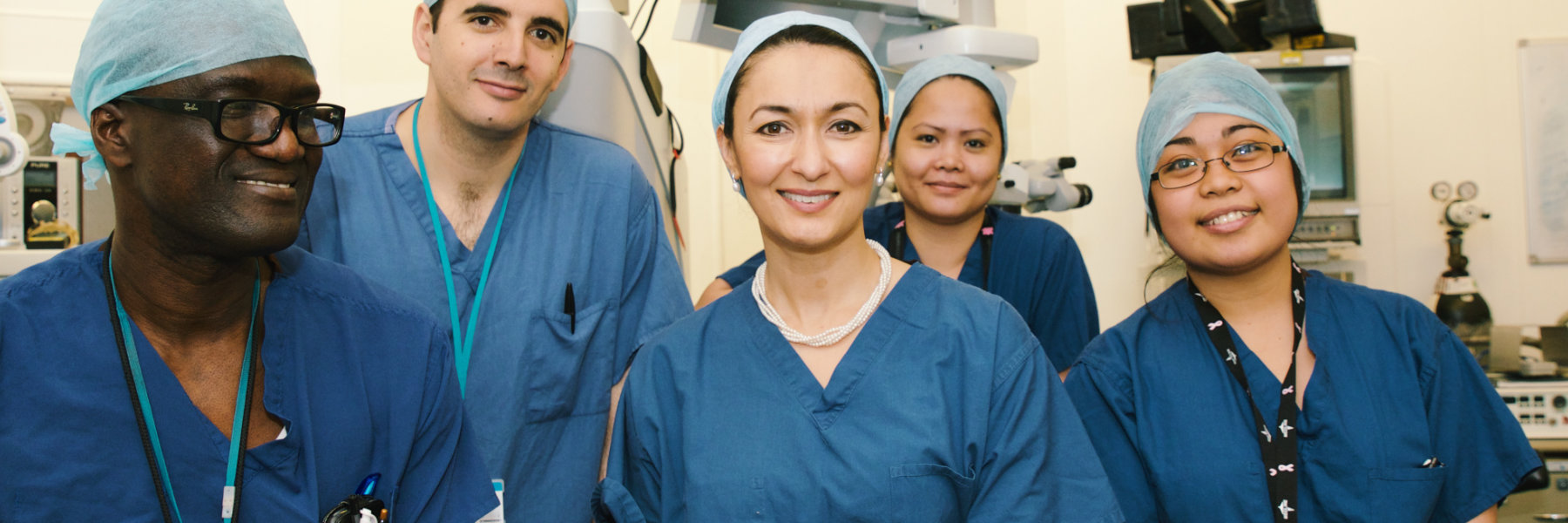No info
Information coming soon
Questions I usually ask
· Are you having difficulty seeing the TV screen clearly or reading subtitles?
· Are you struggling to recognize bus numbers or people’s faces until they are really close?
· Is it difficult reading small print unless the lighting is really bright?
· Do you feel that your glasses aren’t giving you clear vision, and your optician has said that
they can’t improve with a new prescription?
· Do you have hazy vision?
· Is it difficult to see clearly when you are driving?
· Do you have glare with night driving or in bright lights (such as supermarket lighting)?
· Are you having difficulty reading music?
· Is your vision affecting your work?
· Do have a particular hobby or interest that your vision is affecting?

Cataract surgery is a usually done as a day case under local anaesthetic, using either drops or an injection to numb the eye, but if you are particularly anxious about this we can offer sedation or general anaesthesia.
You will have dilating drops for an hour before surgery
You will be lying down on a couch and the operation is done through an operating microscope.
Most patients don’t need any stitches after the surgery, but occasionally I will put in a stitch to secure a wound if it leaks fluid. (Patients who have had previous vitrectomy surgery are more likely to have a fine dissolving stitch in the main wound as an added precaution.)
At the end of the operation you will have a clear plastic shield over the eye, to reduce the risk of you accidentally rubbing it. If you have had an injection to numb the eye and not just eye drops then I will also put a pad on the eye which can be removed the next morning. This is because the injection also numbs the eyelid and you may not be able to close it or blink for a few hours, so the pad protects the eye while the anaesthetic wears off.

Anaesthesia for cataract surgery
Most cataract surgery can be done with just local anaesthetic, using either drops or an injection to numb the eye (you will be awake during surgery).
Some patients are not good candidates for local anaesthesia – either they are unable to lie still for the required time, or they are very nervous or simply have a fear of being awake whilst they have an eye operation. In such situations I can arrange for you to have general anaesthesia as long as your general health can tolerate it – the decision is one that we make with the anaesthetist looking after you to make sure you are safe at all times. I also have the option of offering light sedation instead of full general anaesthesia.